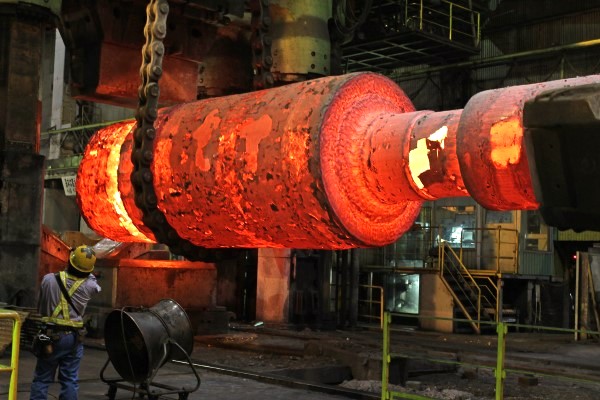Currently, the period includes the decade after reactors stop operating. With the change, the total amount will be accumulated during operations, thereby ensuring funds, even as the country’s retail power market continues to be deregulated further, and even after all related regulations are abolished.
Under the present system, each Japanese power utility with nuclear power plants (NPPs) must estimate its total costs for reactor dismantling and the disposal of radioactive waste in advance, collecting the appropriate amounts from within power rates over a period of fifty years (specifically, forty years of operation plus ten years afterward).
In 2020, however, Japan will abolish all power rate regulation in the electricity market, including the adding of costs for decommissioning, with a full shift to a free-rate system. Power utilities will thus have to fund decommissioning from their own profits. It is expected that it will be difficult for them to continue to set aside money after reactors cease operation.
According to the proposal, a review can be made of the deposit period if operating lifetimes are extended, with total estimates changed depending on individual circumstances.
Meanwhile, the matter of decommissioning accounting for the Fukushima Daiichi NPPs, owned by the Tokyo Electric Power Co. (TEPCO), will also be addressed, based on deliberations by a separate expert panel.
If a power utility decides to decommission a unit earlier than expected, the costs can be posted in installments, following a system introduced in 2013.











